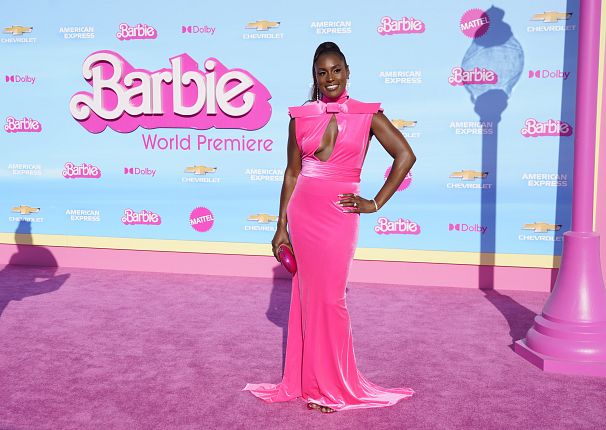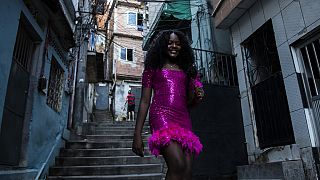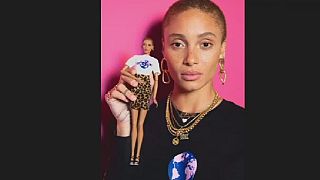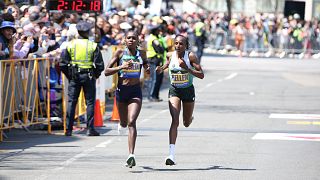USA
A new Netflix documentary follows the history of how the first Black Barbie doll came to be. The film features interviews with the original designer of the doll.
Director and writer Lagueria Davis was inspired to work on the film because her great aunt, Beulah Mae Mitchell, worked at Mattel and asked her employers why they weren't making Black Barbies, which started a conversation that led to the creation of the first Black Barbie in 1980.
The Netflix film follows the history of how the first Black Barbie doll came to be, with interviews with the original designer of the doll. Kitty Black Perkins, who remembers the first conversations around what she should look like.
"I did a lot of research. We did a lot of focus groups with girls to see exactly what they wanted. We did focus groups with their moms as well. We had such a terrific team that worked on Black Barbie," Perkins told the AP in a recent interview. "We had a special sculptor, Abo, and he was brilliant. He made Black Barbie's nose a little bit wider, her lips a little bit thicker, her body a little shaplier. And he actually gave me a canvas to work on, which was absolutely fabulous."
With interviews with Mattel representatives, the maker of Barbie dolls, creators and marketers, the film explores all the planning and consideration it took to make the first doll, market it, and get it into stores so children could broaden their views and Black children specifically could feel represented.
There are also several interviews with kids about how they view all kinds of Barbie dolls and how that affects how they play, their self-esteem and identity.
Acture awareness of racism
The film's producer, Aaliyah Williams, says it was shocking and interesting to hear how children talked about the doll and what insights the filmmakers got from them.
"One of the baby girls was talking about, you know, if boys want to play with dolls, it's okay. If the boy wants to wear a dress, it's fine. Like, they're so far ahead of, you know, the conversations that we were having as kids,'" Williams said.
But Davis pointed out that those conversations with children also brought up how acutely aware they are of racism.
"They had a deep understanding. But also, we could see where the cracks were coming in. So once we started to really, you know, talk more about race and who was the real Barbie. And you know, why they thought she was the real Barbie. You know, then those cracks..." Davis said. "I found that very interesting and was recently talking to (psychologist) Dr.Amirah Saafir just about, you know, what that means in the sense of no matter how intentional you can be in the home, you still have these outside forces."
The film serves as a celebration of Black culture and covers the history of Black dolls and their impact on civil rights, and Black entrepreneurship as well. "Black Barbie" is streaming on Netflix globally now.














Go to video
World Food Programme to halt aid for 650,000 women and children in Ethiopia
Go to video
South Sudan to send delegation to the U.S. in a effort to appease tensions
01:09
U.S. calls on Rwanda to withdraw troops from eastern DRC and end support for M23 rebels
Go to video
Uncertainty as US alters emergency food aid strategies in Somalia
01:01
Iran confirms indirect U.S. talks in Oman
Go to video
South Africa's presidency expresses concerns over new US tariffs